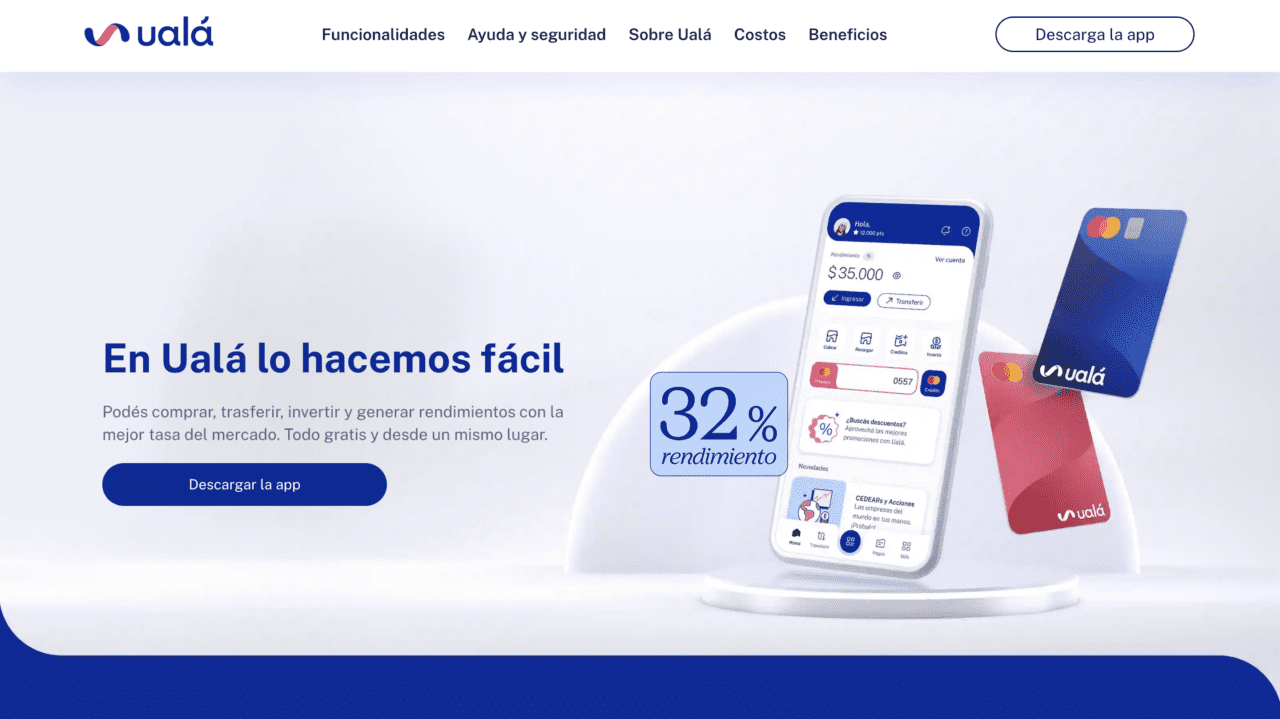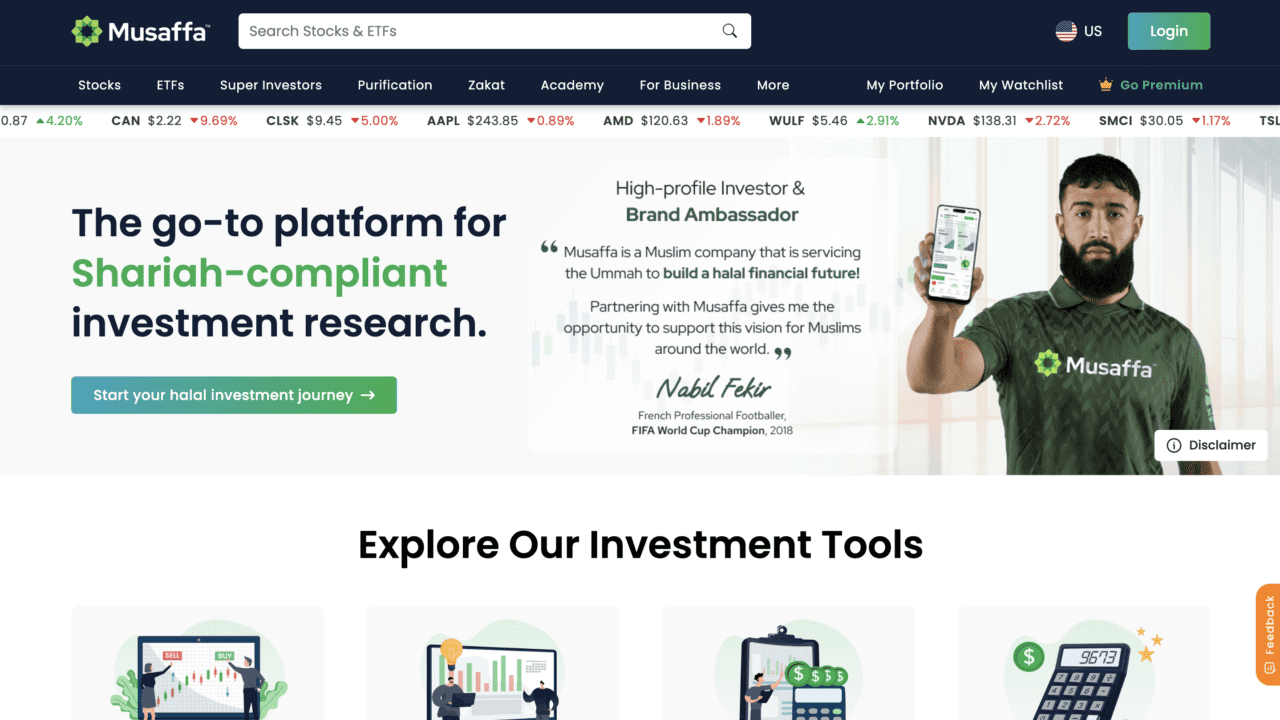
This week’s edition of Finovate Global features recent fintech news from Canada.
Wealthsimple secures $750 million at valuation of $10 billion
Canadian fintech Wealthsimple has raised CAD $750 million at a post-money valuation of CAD $10 billion. The funding round includes both a CAD $550 million primary offering and a secondary offering of up to CAD $200 million. Dragoneer Investment Group and GIC led the round, which also featured participation from new investor Canada Pension Plan Investment Board (CPP Investments) as well as existing investors Power Corporation of Canada, IGM Financial Inc. ICONIQ, Greylock, and Meritech.
“This raise reflects deep confidence from new and returning investors in our mission and our role as a defining Canadian company,” Wealthsimple Co-Founder and CEO Michael Katchen said. “We were intentional in choosing partners committed to the long-term future of Wealthsimple. These are well-respected, global leaders with a proven track record (of) scaling category leaders, and who believe in our vision for the future of financial services.”
Founded in 2014 and headquartered in Toronto, Ontario, Wealthsimple offers a suite of low-cost financial solutions to help Canadians build wealth. The company’s platform features self-directed investing, managed portfolios, digital asset investing, tax filing, advisor services, and more in a single, integrated experience. Wealthsimple serves three million Canadians and has $100 billion in assets under administration.

“Few companies have achieved what Wealthsimple has in the last few years,” Dragoneer Investment Group Partner Christian Jensen said. “The Wealthsimple team has built an expansive financial platform that millions of Canadians trust. They’re not just participating in Canada’s financial services industry; they’re redefining it.”
Earlier this year, Wealthsimple unveiled a waitlist for its first credit card, which topped 300,000 Canadians in the first six months. The company’s fundraising news follows a profitable 2024 and current profitability in 2025, as well. The capital infusion will help Wealthsimple accelerate its product roadmap in investing, spending, and credit, as well as support the company’s efforts to expand its platform.
Fintech investment slows in H1 ahead of potential rebound in H2
Speaking of investment and Canadian fintech, KPMG’s Canada Fintech Investment Report is a great way to get up to speed on the investment trends that are supporting fintech innovation in Canada. The report was published in August, and focuses on investment trends from the first half of 2025.
While the report indicates that Canadian fintech investment fell significantly compared to international trends, the report authors suggest that the first half of 2025 represented a normalization in the wake of record high levels of investment in 2024. Areas of investor interest include AI, especially agentic AI, and digital assets, which represent a continuation of trends from 2024. A more positive regulatory tone toward cryptocurrencies—especially stablecoins—in the US has been credited for this rebound in interest in digital assets. The report also noted some interest in quantum computing among insurers.
“Last year was exceptionally strong for fintech investment, thanks to two major take-private deals,” Dubie Cunningham, a Partner in KPMG in Canada’s Banking and Capital Markets Practice, explained. “Since then, investment activity has dropped to more stable levels. In fact, when you consider the economic shifts such as tariffs affecting global trade, investment in the first half was quite robust compared to historical levels. There’s still a lot of dry powder ready to be deployed by investors, but they are demonstrating more selective behavior than in previous years. They’re looking for quality companies and we’re seeing longer tails for maturing mid-to-large stage private equity deals.”
Coming to Canada: Atlanta’s Rainforest and Lebanon’s Whish Money
This week reminds us of how attractive Canada is to a growing number of fintechs around the world. Rainforest, a embedded payments company based in Atlanta, Georgia, announced recently that it is looking to expand to Canada. The company, founded in 2022, secured $29 million in funding in September, taking its total capital raised to $57.5 million. The idea of expanding to Canada, as Rainforest Founder and CEO Joshua Silver explained to Global Atlanta, represents more than a regional expansion for the company itself. The move would also help Rainforest’s platform client expand their offerings in a new market.
Rainforest specializes in payments partnerships with software providers that target businesses in underserved industry sectors. These software providers themselves are an underserved segment of the industry—processing $50 million to $2 billion in annual payments. Rainforest offers an embedded payments solution that enables software platforms to provide a robust payments experience for their end merchants without having to register as a payment facilitator with card networks.
Hailing from even farther away than the Peach State where Rainforest resides is Whish Money. Headquartered in Beirut, Lebanon, and regulated by the country’s central bank, Whish Money announced this week that it had secured financial services licenses in Canada. The regulatory approvals are the first for the company outside of the MENA region, and is part of a global expansion that includes entering markets in the US, the UK, the EU, and Australia.
“Securing our Canadian license is a monumental step that validates our compliant, customer-focused model and sets the foundation for our international expansion,” Whish Money board chairman Toufic Koussa said. “This move is about more than just entering a new market; it’s about strategically connecting high-diaspora communities with reliable financial infrastructure, beginning with North America. We are committed to building a regulated, transparent global ecosystem that truly serves our users.”
Whish Money offers a range of digital financial services including payroll, fund transfers, and billpay. Founded in 2019, the company’s e-wallet, money remittance, and e-distribution platform has a user base of more than 1.5 million. The company’s global expansion is being supported by partnerships with companies such as Visa, Mastercard, Ria, and Terrapay.
Here is our look at fintech innovation around the world.
Central and Southern Asia
- Pakistan-based fintech startup ZAR raised $13 million for its technology that enables consumer to convert cash into stablecoins.
- Indian fintech infrastructure company Falcon announced a partnership with technology consulting firm Tech Mahindra.
- Alipay+ and HUMO, Uzebekistan’s national payment system, teamed up to facilitate cross-border payments.
Latin America and the Caribbean
- Blockchain infrastructure and cryptocurrency provider Binance unveiled QR code payments in Argentina
- Kueski and dLocal team up to bring Buy Now Pay Later (BNPL) services to merchants in Mexico.
- Nubank and OpenAI partnered to launch ChatGPR Go in Brazil to give individuals greater access to ChatGPT’s advanced capabilties at a lower cost.
Asia-Pacific
- Remittance provider Viamericas partnered with Dong Phuong Money Transfer to expand access to remittance services throughout Vietnam.
- Japanese fintech JPYC launched the country’s first yen-denominated stablecoin.
- Malaysian fintech Instapay earned a spot on CB Insights’ Global Fintech 100.
Sub-Saharan Africa
- South African fintech SME Snapshot launched updated version of its business management dashboard.
- Nigeria’s Flutterwave partnered with Polygon to launch a stablecoin payment network across 34 African countries.
- Kenya’s Choice Bank teamed up with Safaricom to power cross-border money transfers.
Central and Eastern Europe
- Coinbase and Tink teamed up to bring Pay by Bank crypto payments to customers in Germany.
- Lithuanian regtech IDenfy partnered with Australian remittance service provider J Forex Money Transfer.
- Finlayer and Salt Edge annnounced a partnership to bring open banking to small and medium-sized businesses in Romania.
Middle East and Northern Africa
- Saudi Arabian Buy Now Pay Later firm Tabby boosted its valuation to more than $4.5 billion in the wake of a secondary share sale.
- Israel-based Viola Credit closed its third credit fund at $2 billion, topping its original target of $1.5 billion.
- Lebanon-based fintech Whish Money secured financial services licenses in Canada.















